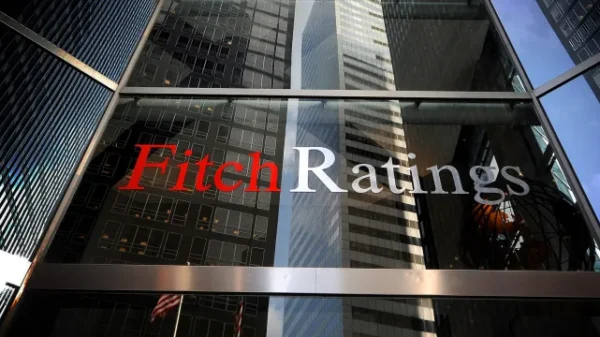Shell
On Tuesday, a Dutch appeals court overturned a groundbreaking ruling that had ordered Shell, the multinational energy company, to reduce its carbon emissions by 45% by 2030, compared to 2019 levels.
The case had been seen as a significant legal victory for environmental activists and organizations, particularly the Dutch branch of Friends of the Earth, who had celebrated the original 2021 court ruling.
However, the appeals court’s decision marks a major setback for climate advocates, though they remain determined in their ongoing efforts to hold major polluters accountable.
The ruling was delivered amidst the ongoing 12-day UN climate conference in Azerbaijan, where global leaders are debating strategies for tackling climate change, reducing emissions, and funding initiatives to adapt to the growing impacts of climate change.
In its written summary, the court acknowledged Shell’s duty to limit its emissions but explained that it could not establish that a specific reduction target of 45% was warranted, given the lack of a universal scientific consensus on the exact percentage individual companies should reduce their emissions by.
The appeals court’s decision also noted that Shell had already committed to reducing its own emissions as part of its larger goal of achieving net-zero emissions by 2050.
Shell’s current emissions reduction efforts are consistent with the targets that Friends of the Earth had requested, which includes both direct emissions from Shell’s own operations and those from energy purchased from other sources.
The court ultimately concluded that setting a fixed reduction target for emissions related to the products sold by Shell would be ineffective, as Shell could simply cease trading in fuels purchased from third-party suppliers, allowing other companies to take over that trade instead.
Despite this legal setback, the environmental movement continues to view the case as an important step in raising awareness about the responsibility of major polluters.
Friends of the Earth’s director in the Netherlands, Donald Pols, expressed disappointment but emphasized that the case had sparked critical debates about the role of large corporations in the global fight against climate change.
He reaffirmed the commitment to challenging polluting companies like Shell in future legal and advocacy efforts.
Shell, for its part, welcomed the ruling, with its CEO, Wael Sawan, stating that the decision aligned with the company’s strategy for the energy transition.
Sawan reiterated that Shell remains committed to its long-term goal of becoming a net-zero emissions energy business by 2050, an ambition that forms a central component of the company’s evolving business model.
The appeals court’s ruling, however, serves as a reminder of the ongoing tension between global climate goals and the legal and economic realities of enforcing emissions reductions across various sectors.










